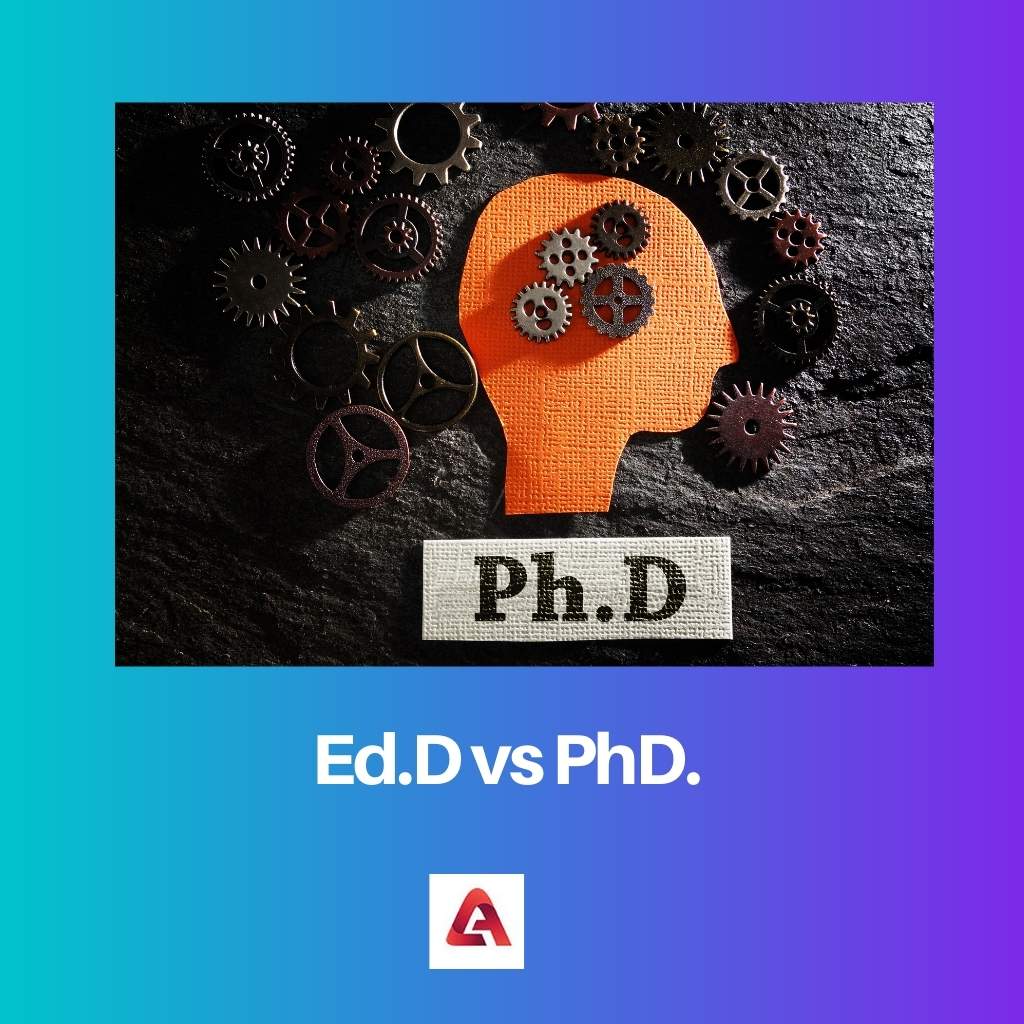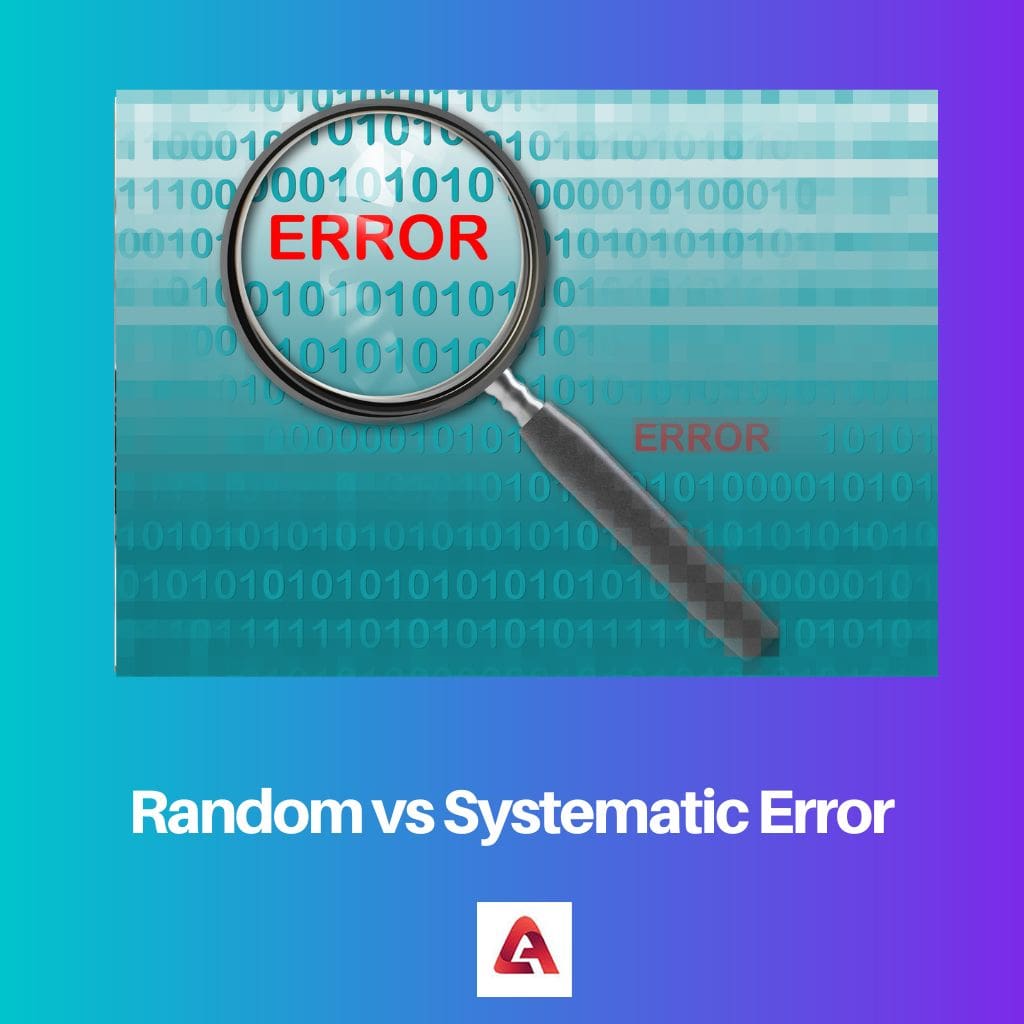In the field of education, you should choose the program that will take you to your goal. After completing a master’s degree in education, there are a lot of programs to choose from to continue with the doctoral degree; a PhD. in education or an Ed.D Knowing the main differences between these two doctoral degrees will help you choose your best path.
Key Takeaways
- Ed.D. stands for Doctor of Education, while Ph.D. stands for Doctor of Philosophy.
- Ed.D. programs are designed for professionals in education who want to advance their careers. In contrast, Ph.D. programs are designed for those who want to pursue a career in academia or research.
- Ed.D. programs focus on practical applications of research and theory in education, while Ph.D. programs focus on developing new knowledge in a specific academic field.
Ed.D vs PhD.
The difference between Ed.D and PhD. is that Ed.D focuses on applying research and upbuilding students for school superintendents, curriculum directors, researchers, education policymakers, etc., whereas PhD. is a complete research type of program. A PhD. is a study of how to study a subject along with a thorough education in a subject.

Ed.D., which stands for Doctorate in Education, is a terminal degree designed for practitioners pursuing educational leadership roles. This is mainly focused on research and application.
Ed.D. is applicable to multiple programs. It is completely based on practice. There are a variety of industries under this degree, such as K-12, higher education, the nonprofit sector, or civic service.
PhD. is a research degree best suited for individuals who want to enrol in their career in academia or research at the university level. PhD. is more popular among those who want to become a professor or get a tenure position. PhD. is for those who have a specific field of interest or research topics.
Comparison Table
| Parameters of comparison | Ed.D | PhD. |
|---|---|---|
| Definition | It’s a professional degree best suited for practitioners pursuing educational leadership roles. For example, as, dean, superintendents | Doctor of philosophy in education is designed to train the graduates for teaching and research roles. For example, as, professor or doctor |
| Curriculum | Focuses on research and application and applying it to real-world issues. | Focuses on research alone and the study of how to approach studying it |
| Residency | It requires residency. | It doesn’t require residency. |
| Applications | Applicable to multiple industries or sectors. For example, as, government policymakers, administration | Applicable to mostly academia. For example, as, professor, doctor, etc |
| Careers | Educational policymaker, School superintendent, Curriculum director, etc. | Professor, Academic researchers, Educational consults, coordinator, etc. |
What is Ed.D?
Ed.D is a doctorate in education, which up-builds you for a career in educational leadership. It is a real-world research program. While pursuing an Ed.D degree, you will examine the critical theory and decide how you can execute it to drive change in K-12 classrooms, universities, community colleges, and different associations.
You will also mediate about your job as a leader. The Ed.D is practice-based. Candidates in an Ed.D program would prefer not to research their area of interest yet influence that exploration in manners that could decidedly impact their community or decision-making process.
The candidate who seeks an Ed.D centres around the quantitative, exploratory examination. Students gather information and direct individual meetings, perceptions, or observation groups to build theories and foster procedures that can help tackle or explain a particular issue of practice, for example, how to help understudy veterans progress to regular citizen life or how to cultivate more female innovators in advanced education—two paper points as recently explored through Ed.D program.
There are many job titles after pursuing this degree. They include Postsecondary Education Administrators, Elementary and Secondary School Education Administrators, Top Executives, Instructional Coordinators, etc.
With your Ed.D., you can affect the lives of children, networks, and associations as you change your concern of training into a plan for change and activity.

What is PhD.?
If you run after your PhD. in education, you will look for work as a college educator, so you should instruct and direct exploration at the university level.
If you wind up asking how you would be able to manage a PhD. in Education, you just need to utilize your creative mind and drive for progress to discover the appropriate response.
Students in a PhD. program take a more hypothetical, study-based way to deal with learning. In most cases, they will probably dominate a particular subject or add their special discoveries to an assemblage of existing writing.
PhD competitors direct unique exploration with expectations of driving change in their field or moving others to make a change based on their work. A PhD. is a degree mainstream among individuals who seek to turn into a teacher or get a residency position.
Through these projects, students will try to focus on getting published in very much-regarded journals, introducing themselves at national conferences, and figuring out how to teach future instructors.
A PhD. in Education (Doctor of Philosophy in Education) will focus more on perceiving difficulties in the more prominent learning environment and discovering an answer for this overall concern or obstruction.

Main Differences Between Ed.D and PhD.
Both degrees focus on higher learning. However, this is the solitary consistent thread that these two doctoral degrees share.
- The main difference between these two degrees is the practical focus of Ed.D contrasted with the philosophical methodology of the PhD.
- Most experts who acquire an Ed.D ordinarily hold a managerial position. On the other hand, those with a PhD. in education are bound to instruct or lead research.
- There are much more PhDs. Programs in education than Ed.D programs.
- Students desiring a PhD. in an education field (higher education, curriculum, and instruction, educational policy, etc.) will have a neater time finding a course of study than those seeking an Ed.D strictly
- Ph.D. takes between 4 to 6 years, which again depends on a few factors that will play out after we get started, however, an Ed.D. will require approximately three years.






